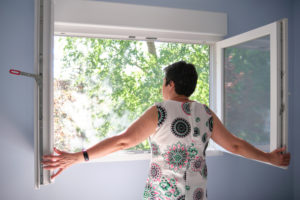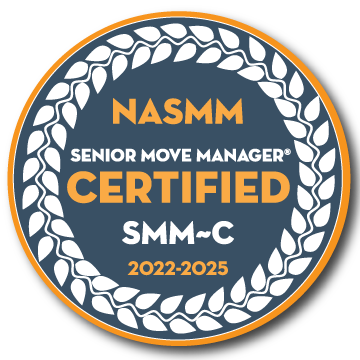Not a medical term, but generally refers to changes in behavior related to dementia that may occur in the evening, usually after 3 p.m.
Sundowning is a symptom of Alzheimer’s disease and other forms of dementia.

It’s also known as “late-day confusion.” If someone you care for has dementia, their confusion and agitation may get worse in the late afternoon and evening.
As evidenced by:
- Increased restlessness.
- SS or agitation.
- Delusions.
- Wandering or exit seeking.
- Yelling out/seeking help.
May be caused by over exhaustion from a long day or from not sleeping well at night (it has been hypothesized the natural melatonin the body produces is decreased as a result of brain change).
In addition, may be the result of sleeping too much during the day and not resting at night may indicate pain.

Strategies
- Provide sunlight during the morning as tolerated. Go outdoors, sit by a window or use a special light lamp. Be sure to monitor for overheating, skin or vision sensitivity. May help regulate circadian rhythm.
- Allow one short nap before noon if not sleeping well at night or over exhaustion is suspected.
- Provide the four types of activities during the day:
1. self-care
2. leisure
3. productive
4. rest - At the end of the day avoid stimulation from substances such as caffeine or sweets.
- At the end of the day avoid television or computer.
- Listen to calming music before bed, use aromatherapy, weighted blankets to promote relaxation and calm.
- Provide pain control if pain is suspected.
- Maintain a daily routine.
Track their behavior. This helps you to review the day and may help determine factors that contribute to sundowning.
Remember, if we can provide the right care at the right time, the person living with dementia can shine! And so can we!
Article Sources
Wei, marilyn(2018,october17) selfcare for the caregiver.harvardhealthblog.health.harvard.edu.https://www.bing.com/search?q=harvard+health+blog+self+care+for+the+caregiver&cvid=4b8cf99aad1045b3884c9.
Smith. g(2014,march27) sundowning: late-day confusion.mayoclinic.org.https://www.mayoclinic.org/diseases-conditions/alzheimers-disease/expert-answers/sundowning/faq-20058511.
Roth, erica(2019,march8) 7 tips for reducing sundowning.healthline.https://www.healthline.com/health/dementia-sundowning.


